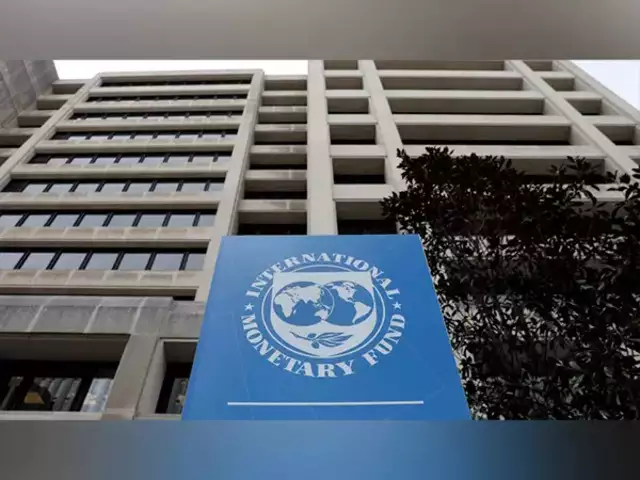PTBP Web Desk
The International Monetary Fund (IMF) has reportedly agreed to Pakistan’s proposed conditions for the privatization of Pakistan International Airlines (PIA), paving the way for significant changes in the national carrier’s future. Sources indicate that the IMF has approved measures including sales tax exemptions for aircraft acquisition and the elimination of equity losses, which are expected to enhance the bidding process for PIA.
The privatization move is part of Pakistan’s broader economic reforms aimed at reviving the struggling airline and addressing its massive financial liabilities.
According to sources, the IMF’s agreement includes:
Sales Tax Exemptions on Aircraft Purchase or Lease
Buyers of PIA will benefit from sales tax exemptions on the purchase or lease of aircraft. Initially, this exemption was limited to international routes, but it has now been extended to domestic routes as well. This is expected to reduce operational costs for the buyers and make the bidding process more attractive.
Sources revealed that this exemption could save approximately Rs. 8.1 million per month for PIA’s current lease agreements.
Elimination of Equity Losses
Another critical approval involves settling equity losses related to PIA’s privatization. By removing this financial burden, Pakistan hopes to increase the bidding value for the national carrier, potentially reaching Rs. 350 billion.
Use of Roosevelt Hotel Sale Proceeds
The government has planned to utilize the proceeds from the sale of the Roosevelt Hotel, a PIA asset located in New York, to clear debts associated with PIA’s holding company. A joint venture for the hotel is estimated to generate up to $1 billion within six months, providing a significant financial boost to address PIA’s liabilities.
In a parallel development, the government has restructured PIA’s debt, transferring liabilities worth Rs. 660 billion to a holding company. This move is intended to make the airline more appealing to potential buyers by removing a significant portion of its financial baggage.
The IMF’s approval of these measures signals confidence in Pakistan’s reform agenda and highlights the importance of aligning with global financial institution recommendations to stabilize the country’s economy.
The combination of tax exemptions, equity loss settlements, and debt restructuring is expected to rejuvenate investor interest in PIA’s privatization process. By addressing major financial roadblocks, the government aims to restore confidence in the airline’s potential profitability.
The removal of equity losses and sales tax waivers could elevate PIA’s bidding value to Rs. 350 billion, making it an attractive proposition for domestic and international investors.
Operational Benefits for Buyers
The sales tax exemption for aircraft acquisition will provide significant cost savings for buyers, incentivizing long-term investment in the airline.
The Prime Minister has been briefed on the developments, including the sales tax exemption extension, equity loss elimination, and the joint venture sale of the Roosevelt Hotel. These updates underscore the government’s commitment to ensuring a transparent and investor-friendly privatization process.
The IMF’s decision to extend tax exemptions to aircraft leased or purchased for domestic routes reflects the government’s focus on creating a level playing field for all operational routes.
The privatization of PIA is not just a critical step for the airline but also a litmus test for Pakistan’s ability to implement large-scale economic reforms under the IMF program. The airline’s privatization aligns with broader efforts to reduce state-owned enterprises’ financial burden on the national exchequer.
Additionally, the success of the Roosevelt Hotel joint venture could generate significant foreign exchange reserves, boosting investor confidence in Pakistan’s privatization initiatives.
While the IMF’s approvals mark a significant milestone, challenges remain. PIA’s operational inefficiencies, management issues, and public perception as a loss-making entity could pose hurdles during the privatization process. Ensuring transparency and maintaining investor confidence will be key to the initiative’s success.




